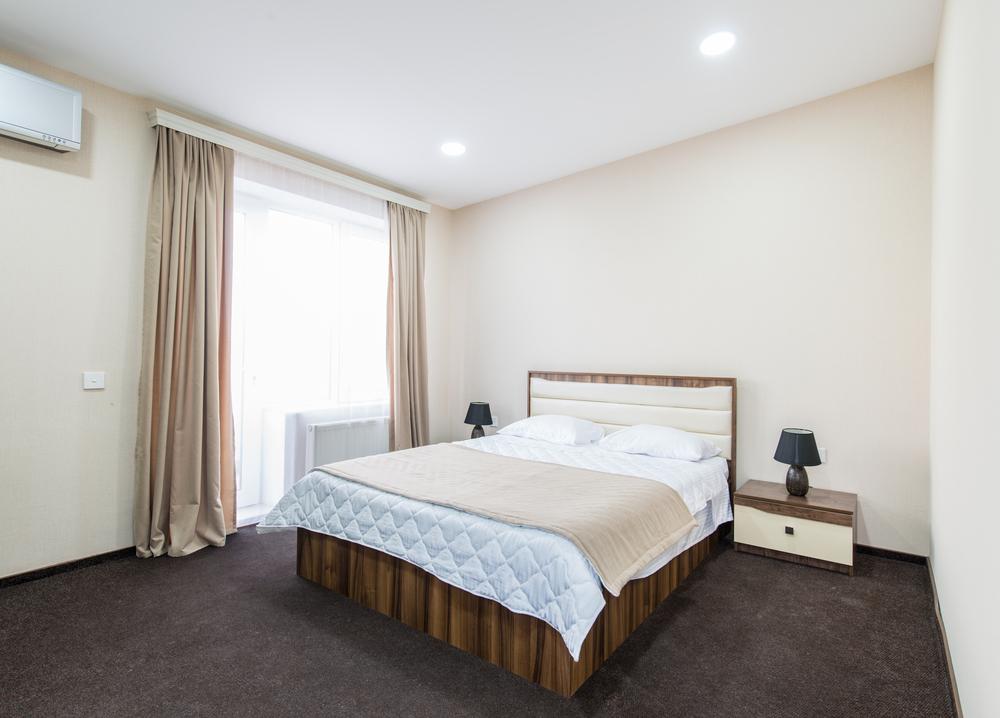Comprehensive Guide to Improving Sleep Quality with Melatonin Supplements
This comprehensive guide explores how melatonin supplements can naturally enhance sleep quality. It details the hormone’s role in regulating sleep, how supplements work, optimal usage tips, and safety considerations. Ideal for those struggling with sleep disorders, jet lag, or irregular sleep patterns, this article provides practical advice on integrating melatonin into your routine for healthier, restorative sleep, backed by scientific insights and expert recommendations.

How Melatonin Supplements Enhance Your Sleep Naturally
Quality sleep is fundamental to maintaining overall health, cognitive function, and emotional well-being. As modern lifestyles become increasingly hectic and disrupted by various factors such as stress, electronic device usage, and irregular schedules, many individuals struggle with getting restorative sleep. One effective and increasingly popular approach to improving sleep hygiene involves the use of melatonin supplements. These supplements, derived from natural sources or synthesized, are designed to support the body’s internal clock and promote a healthier sleep cycle.
Understanding Melatonin’s Role in Regulating Sleep Patterns
The human body has an internal biological clock known as the circadian rhythm, which orchestrates sleep-wake cycles over a 24-hour period. A central player in this process is the pineal gland, a small pea-shaped gland located deep in the brain. This gland produces and releases the hormone melatonin, which signals to the body that it is time to prepare for sleep. Melatonin levels naturally rise in the evening as darkness falls, reaching peak levels during the night, and decline with the arrival of daylight, signaling wakefulness.In addition to being naturally produced by the body, melatonin can also be obtained through dietary sources such as certain fruits, vegetables, grains, and meats. However, for many, especially those experiencing sleep disturbances, supplementation can be a practical way to enhance melatonin levels and improve sleep quality. When used appropriately, melatonin supplements can act as an effective aid in regulating sleep schedules and overcoming various sleep-related challenges.
The process by which melatonin influences sleep involves complex interactions within the brain’s neural pathways. Light exposure, particularly blue and green wavelengths from electronic devices such as smartphones, tablets, and computer screens, inhibits melatonin secretion. These light signals are transmitted from the retina of the eye via neural pathways to the hypothalamus, specifically targeting the suprachiasmatic nucleus (SCN). The SCN serves as the body’s master clock, coordinating hormonal signals like melatonin and cortisol that regulate not only sleep but also body temperature and alertness.
Disruptions in this delicate signaling pathway, caused by irregular sleep habits, shift work, exposure to artificial light at night, or travel across time zones, can lead to sleep difficulties such as insomnia, jet lag, and other circadian rhythm disorders. Melatonin supplements work by mimicking the natural hormone’s action, helping to reset or stabilize the internal clock, thereby facilitating more consistent and restful sleep patterns.
Advantages of Integrating Melatonin Supplements into Your Sleep Routine
Numerous studies support the efficacy of melatonin in improving sleep quality. It is especially beneficial for individuals facing specific sleep disorders or challenges, including delayed sleep phase syndrome, shift work sleep disorder, and jet lag. According to reports from the Centers for Disease Control and Prevention (CDC), millions of adults and children worldwide find relief in taking melatonin supplements for better sleep health.Unlike sedative medications, melatonin does not induce sleep through chemical sedation but instead influences the body’s natural sleep mechanisms. Its levels naturally increase after sunset, signaling the body to relax and prepare for sleep. For individuals dealing with insomnia, irregular sleep patterns, or the effects of jet lag, melatonin supplements can serve as a valuable component of a comprehensive sleep management plan.
Common reasons for sleep disturbances, such as stress, environmental disruptions, or aging-related decline in melatonin production, can be mitigated by strategic supplementation. For example, travelers crossing multiple time zones often experience jet lag symptoms due to misaligned circadian rhythms, which melatonin can help alleviate when taken properly prior to travel and during the adjustment period.
Optimal Usage and Timing for Melatonin Supplements
To maximize the benefits of melatonin supplementation, it is essential to understand the proper dosage and timing. First and foremost, supporting your body’s natural melatonin production through lifestyle adjustments is critical. Avoid bright screens at least two hours before bedtime, as the blue and green light emitted by electronic devices significantly inhibits melatonin synthesis. Instead, opt for dim lighting and create a relaxing environment conducive to sleep.Getting adequate sunlight exposure during the day also helps to regulate circadian rhythms naturally. Sunlight exposure in the morning can boost melatonin production at night, establishing a healthy sleep-wake cycle. For those considering supplemental melatonin, typical dosing ranges from 0.5 mg to 5 mg, with lower doses being suitable for most users. It is generally recommended to take melatonin approximately two hours before bedtime for optimal absorption and efficacy.
Individuals often use melatonin as a short-term aid to reset their internal clocks or manage jet lag. For travel-related sleep disturbances, starting supplementation a few days before departure and continuing during the travel period can lead to better adaptation. If sleep problems persist beyond two to three weeks of consistent use, consulting with a healthcare professional is advised to evaluate underlying causes and adjust treatment plans.
Besides dosage and timing, maintaining an ideal sleep environment is crucial. Ensure the bedroom is dark, quiet, and cool. Use blackout curtains or eye masks if necessary. Creating a peaceful, clutter-free space will facilitate deeper and more restorative sleep. Moreover, methods such as relaxation techniques, meditation, and avoiding caffeine or heavy meals close to bedtime can complement melatonin supplementation effectively.
However, certain populations should exercise caution or avoid melatonin supplements altogether. Pregnant or breastfeeding women, individuals with autoimmune disorders, epilepsy, depression, or other health conditions should consult healthcare providers before use. Melatonin may interact with medications or exacerbate certain health issues, making professional guidance essential.
In summary, melatonin supplements are a valuable tool for enhancing sleep quality when used correctly. They support the body's natural sleep-wake processes, especially when lifestyle habits are optimized. Ensuring an appropriate environment, understanding proper dosing, and consulting with healthcare professionals when necessary can help you achieve more restful, consistent sleep and improve overall well-being.





